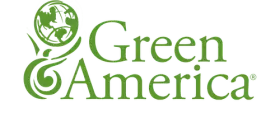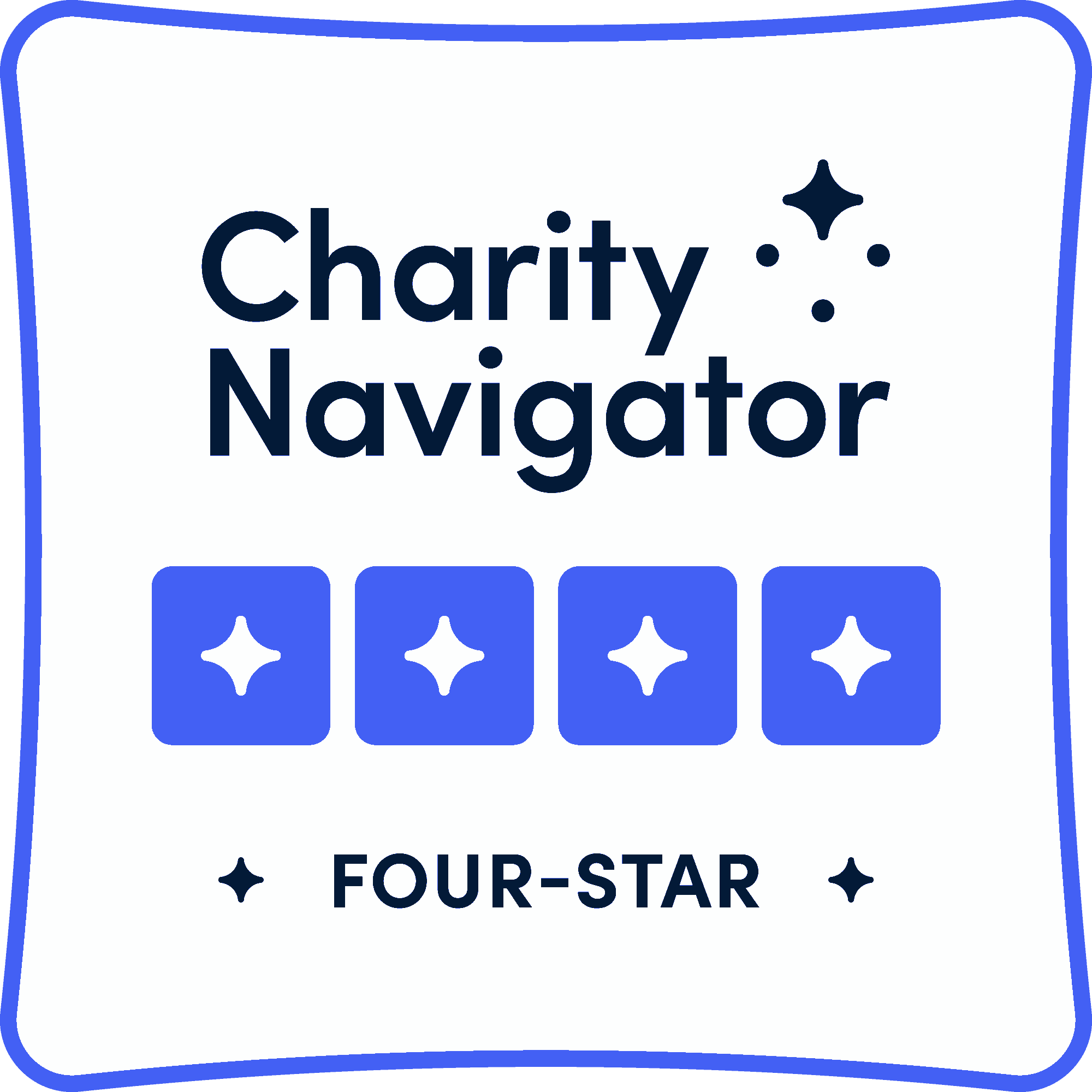.jpg2fa2.webp?itok=wkzdaIAV)
Off the coast of Northern California, there is a swath of land bustling with ecosystems—redwood forests, coastal prairies, oak savannas, rivers. Crisp marine air blankets the Petaluma Gap, which runs from Bodega Bay, an inlet off the Pacific Ocean, to the tidal estuary of San Pablo Bay. Right in the middle lies Petaluma, California, chartered in 1858 and considered one of the state’s earliest cities, boasting a rich cultural and environmental history. I can still recall the sharp, briny taste of the sea air when I visited Sonoma County, where Petaluma resides, nearly a decade ago.
As a passionate environmental advocate, I’m thrilled that the city’s natural beauty and features remain sacred. The town created a Climate Action Commission in 2019, successfully converted over 4300 city lights to LEDs, and now limits urban expansion to preserve the surrounding environment through its Urban Growth Boundary policy.
In the growing climate crisis, local teamwork could be the key to securing a greener future. For its next eco-venture, Petaluma set its sights on reducing waste, and its weapon of choice was a purple cup.
The Petaluma Reusable Cup Project is the first of its kind in the U.S., involving residents and more than 30 local and global businesses to circulate over 200,000 reusable cups in lieu of landfill-headed single use cups. Spearheading the Reusable Cup Project is the NextGen Consortium, a collaboration managed by Closed Loop Partners’ Center for the Circular Economy that aims to reinvent food packaging and reduce waste.
I was drawn to its ambitious scope, which reflects my eagerness—perhaps even impatience—for the sustainability movement to meet people where they are, however imperfect the initial actions may be.
Reuse Programs are Accessible and Inclusive
Use a metal straw, drive an EV, compost organic waste—the advice on how we can lead more sustainability-driven lives is endless. It can be confusing, overwhelming, and frustrating to navigate sustainability as an individual. Everyone is somewhere different in their lives, with different needs and resources at their disposal—there is no one-size-fits-all green living solution. For a problem as expansive as single-use waste, accessible solutions and support for people to adopt new habits are key.
Identifying challenges that prevented previous waste minimization projects from succeeding was a crucial first step for NextGen to implement the reusable cup project. What they found was that many of those issues revolved around accessibility, inclusion, and motivation. The impact report commissioned by the project (available for download at returnmycup.com) singled out potential barriers like higher price points for sustainable pursuits, the pressure of adopting a new habit, desensitization to single-use packaging, health and cleanliness concerns about reusable food and beverage items, or even innocent unawareness.
“It was important for us to ensure that there is no cost to the customer to participate,” explains Carolina Lobel, Senior Director at Closed Loop Partners’ Center for the Circular Economy, the managing partner of NextGen Consortium and a leader in the circular economy space. “While deposit and penalty schemes have [been] shown to work for certain reuse systems, our previous tests have shown that they could add friction or pose both accessibility and operational challenges.”
The cup itself was also a challenge. After all, tossing things in trash bins is habitual and keeping a free cup is tempting, but that defeats the purpose of the program. NextGen also wanted to create a more environmentally friendly cup that was still affordable for the program. Using customer feedback, NextGen created the purple cup with a simple direction to remind people of its use: “Sip, Return, Repeat.”
“The Petaluma project is critical to identify which factors support customers in returning their reusable cups,” Lobel says. The project’s focus on ease of access, with no cost to the everyday person, is what excited me the most about its potential. In a world rife with greenwashing and bottom lines, a program designed to provide a community with the means to live a less wasteful life without any drastic changes to daily habits is very welcome.
The idea is simple:
- At your favorite restaurant, cafe, or other establishment (ice cream shops and milkshakes definitely count), get your delicious drink of choice in a purple reusable cup and go about your day.
- When you’ve downed the last drops, toss the cup in any of the 60 return bins placed around the city—whether in participating locations, or public areas like schools and parks.
- Returned cups are collected from the citywide bins and taken to be cleaned, inspected, and then sent back to vendors for use again. For any cups that don’t pass muster, they are recycled at Recology in Santa Rosa, CA.
Public outreach efforts ensured that Petaluma residents were well-informed about the project by the time it launched, and responses showed that users found it easy to partake in and understand (fig.1). According to Lobel, the project reached over 100,000 returns just six weeks after its launch.
Collaboration and Consideration are the Keys to Change
Caring for our planet is a monumental task, making it crucial we demand action from legislators, corporations, and others in power. However, it’s also important to provide incentives and resources for individuals to shift our habits as consumers. Change must also come from within communities themselves, and NextGen’s approach highlights the importance of creating buy-in through collaboration and consideration for the concerns of both consumers and local businesses.
“For some businesses in Petaluma, this was their first time offering reusable cups, while others built upon previous learnings,” says Lobel. “What they all had—and still have—in common is a goal of reducing waste.”
In addition to stressing the need for the food service industry to source, purchase, and use reusable packaging, the consortium directly offered businesses and individuals the resources and pathways to enable those changes.
Lobel points out that working in partnership with the project meant businesses didn’t shoulder the burdens of experimenting with waste reduction solutions on their own. The project spent a year and a half building up to its launch in August 2024 because, as Lobel explains, “a full city take-over required collaboration among a range of stakeholders across the value chain.”
Perfection Cannot Be the Enemy of Progress
In every conversation I’ve had with members of the Green Business Network®, their advice for entrepreneurs adopting sustainable practices is always the same: don’t strive for perfection, just start.
Too often, especially when something feels as high stakes as shifting daily habits out of environmental concerns, shame and fear of making mistakes can keep us from taking any action at all. But the Petaluma Reusable Cup Project had a vision and made it happen, including viewing any initial success not as stopping points but as opportunities for future improvement.
For instance, while the ideal is to strive for a plastic-free life, the project’s purple cups are still made of food-safe plastic, a decision that was informed by thorough research. The material was chosen for its recyclability in nearby facilities, compatibility with washing infrastructure and light weight—which ultimately reduces greenhouse gas emissions in transport. Cups for hot beverages were made of 100% lightweighted PP (polypropylene), which is used by similar reusable cup programs in Denmark and the UK. For cold beverages, the project used virgin HDPE (high-density polyethylene).* Both designs were BPA and phthalate free. Ultimately, the program relies on trusting customers to consistently return the cups after single use for proper sanitization and safety.
*Editor’s Note: While polypropylene is one of the safer known plastics, some studies have shown it can still leach plastic particles into food or beverages, especially when exposed to high heat, so putting any cups made from these materials in a microwave to reheat drinks is not advised.
A Note on Plastics and Heat:
To avoid any risk of plastics leaching harmful chemicals into hot food and beverages, here are some quick tips:
- Transfer frozen food or leftovers from plastic containers to glass or ceramic dishes before heating in a microwave or an oven. “Microwave safe” is a misnomer, there is no standard for microwave safe plastic packaging.
- Don't put hot beverages in plastic cups or water bottles or reheat beverages in plastic cups in a microwave.
- When in doubt, use glass or ceramic instead.
Given the project’s first wave of success, future iterations and growth are now more likely. Currently, Closed Loop Partners’ Center for the Circular Economy is taking the results from Petaluma, including the enthusiastic response from consumers and businesses alike, to develop even better long-term, permanent reuse programs in various cities across the country. So, I’m hopeful the project will evolve away from plastic cups entirely based on developing technologies and education, too.
In the meantime, programs looking to replicate the Petaluma Reusable Cup Project’s efforts can consider safer and more environmentally friendly alternative materials for their own reusable cups. Materials like stainless steel or silicone are more ideal than lightweight PP or virgin HDPE plastics and using them will avoid the risk of plastic particles leaching into hot or reheated beverages and food.
What I truly found inspiring was how the project showed it’s possible for us to create pathways, however initially imperfect, that allow communities to mitigate how consumer waste fuels climate change. Providing programs that anticipate known difficulties and offer resources for both consumers and businesses puts partnership at the forefront so we can solve problems together.
Trying to achieve a top-tier sustainable lifestyle is wonderful to aim for, but sometimes progress happens in steps, not leaps. We need to dream big and support each other through every failure and success.
a5d7.jpg?itok=s9P5u80P)
Switching to reusable cups is just one way to start adopting sustainable habits—there are plenty of options to cut down on single-use waste and encourage your neighbors to do the same.
- Bring your own mugs or to-go cups and reusable straws to your favorite coffee, tea, or boba shop if they allow it. Often, they’ll even provide discounts for doing so!
- Getting takeout or bringing home leftovers? Provide the containers yourself by bringing BPA-free food storage and have the restaurant put your meal in those instead of typical Styrofoam and plastic.
- Invest in reusable utensils, straws, and cloth napkins for things like takeout, picnics, and more.
- At home, ditch the plastic wrap for beeswax wrap, plastic bags for reusable sandwich and shopping bags, and use your reusable containers to stock up on bulk items.


bfe0.jpg?itok=2EqFjXUf)
a209.jpg?h=2100e729&itok=L4uQQspd)
5bf3.jpg?h=115c5fb7&itok=O6tFVZjs)


